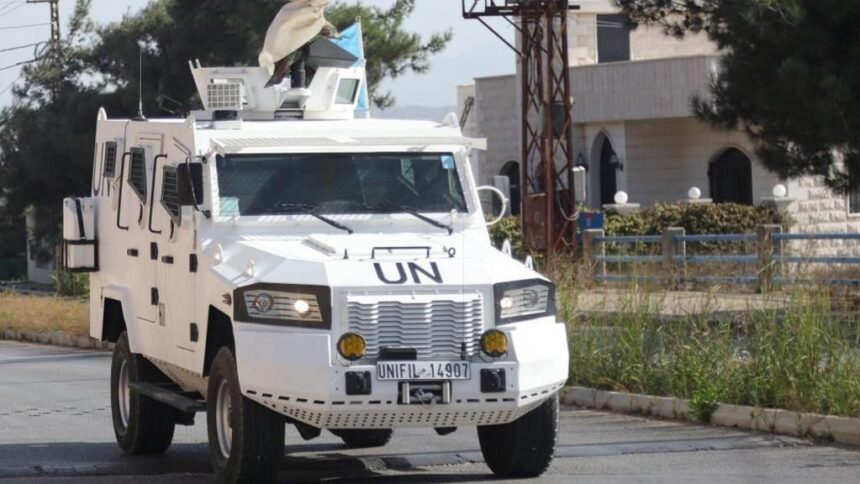By Nakiwala Barbra
An Israeli tank reportedly fired at a United Nations peacekeeper watchtower in southern Lebanon, causing significant damage to the UN monitoring position, according to the United Nations.
The strike, described as a “deliberate” act, occurred amid intensifying hostilities between Israeli forces and Hezbollah militants along the Lebanon-Israel border.
An Israeli tank fired on a United Nations Interim Force in Lebanon (UNIFIL) watchtower in southern Lebanon on October 15, 2024, according to a statement from the United Nations. The UN described the attack as “direct and apparently deliberate,” resulting in the destruction of surveillance cameras and significant structural damage to the tower. Fortunately, no casualties were reported.
This incident marks a troubling escalation in the ongoing violence along the Lebanon-Israel border, where cross-border exchanges between Israeli forces and Hezbollah militants have intensified in recent weeks. The attack occurred as tensions between the two sides have continued to flare, contributing to an already volatile environment.
The UN condemned the strike on its peacekeeping mission, warning that the attack jeopardizes the safety of international personnel tasked with maintaining stability in the region. UNIFIL’s mission is crucial in monitoring the border between Lebanon and Israel and preventing conflict between the two sides. However, the recent strike has raised concerns about the increasing risks to peacekeeping efforts and the potential for further violence.
Ongoing Hostilities
The situation along the Lebanon-Israel border has grown increasingly tense, with Hezbollah launching rocket attacks into northern Israel and Israeli forces retaliating with airstrikes on Hezbollah positions in Lebanon. The conflict has resulted in numerous casualties on both sides and has further strained relations in an already fraught region.

In addition to the attack on the UN peacekeeping tower, Israeli airstrikes in southern Lebanon targeted a council building in Nabatieh, killing 16 people, including the local mayor. These strikes form part of Israel’s broader military campaign against Hezbollah as the group continues its aggressive attacks. In response, Hezbollah fired rockets into northern Israel, injuring at least two people.
The violence has not been limited to Lebanon. Israel has also resumed airstrikes on Beirut for the first time in five days, intensifying the conflict and threatening to further destabilize the region.
Humanitarian Crisis and International Response
As the fighting escalates, international concerns over a worsening humanitarian crisis in Gaza and southern Lebanon are growing. In Gaza, lorries carrying vital humanitarian aid have been able to enter northern regions, but relief is still insufficient to meet the needs of those affected by the ongoing conflict.
Global leaders have expressed deep concern over the escalating violence. UN officials are calling for restraint and urging both Israel and Hezbollah to de-escalate the situation to prevent further casualties and a potential spillover of violence into the wider region. The attack on the UNIFIL peacekeeping tower has heightened fears that peacekeeping operations in southern Lebanon could be severely compromised, making it even more challenging to maintain stability in the region.
As the situation worsens, there is a growing push for diplomatic negotiations and ceasefire efforts. However, with the violence showing no signs of abating, the international community is bracing for what could be a prolonged and dangerous conflict along the Lebanon-Israel border, with global implications.







